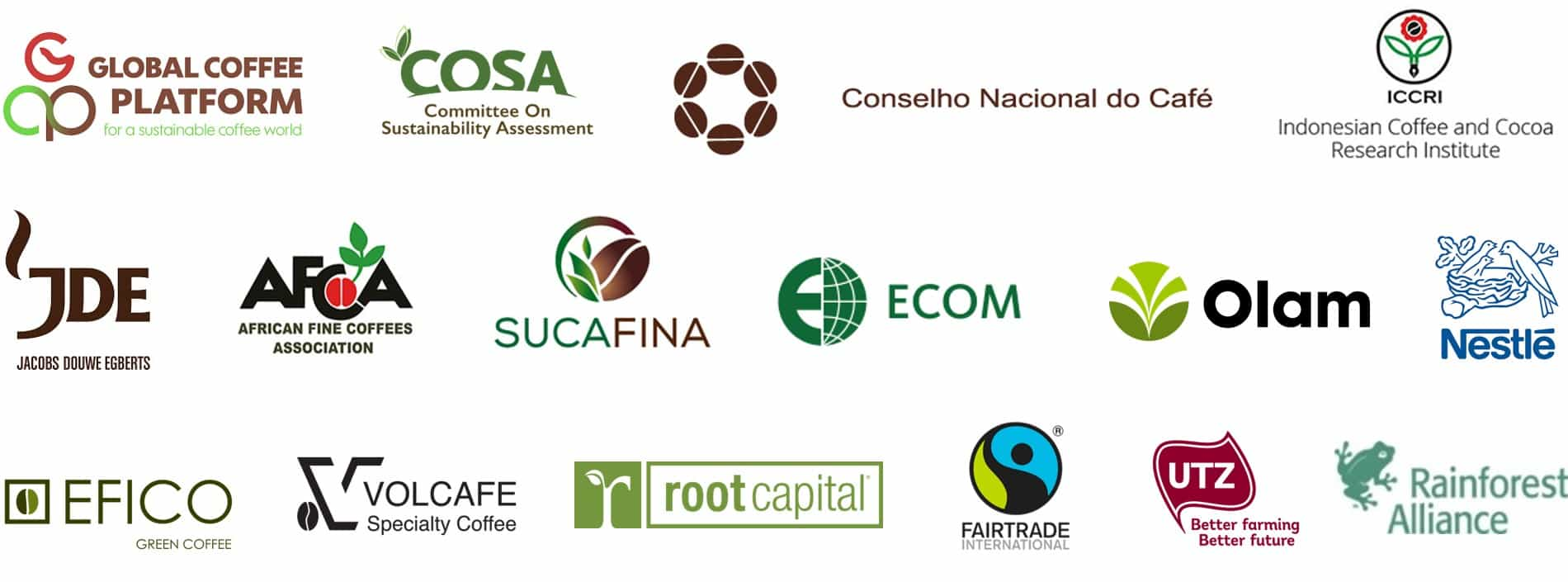What once differentiated leaders is now the baseline. Regulation is reshaping sustainability from aspiration to operating requirement.
Measuring What Matters
Getting the sustainability data you
really need
Social
Environmental
Economic
Our SMART indicators and unique tools deliver science-based data that always aligns with global norms such as the SDGs and dozens of other multilateral guidelines and normative references – the right data drives clear insights.
What Sustainability now Demands
Advisory and measurement services for a changing sustainability landscape

Compliance
is the new
Performance

Regenerative Agriculture
is the new
Environmental Sustainability
Protecting ecosystems is no longer enough. The focus is now on systems that actively restore and strengthen them.

Livelihoods
are the new
Living Income
Income matters — but resilience, security, and long-term prosperity matter more.

Traceability
is the new
Assurance
Credible sustainability depends on understanding impact at farm level, enabled by robust traceability.

Digital Public Infrastructure (DPI)
is the new
Data System
Interoperability, not isolated tools, now defines what data can deliver for farmers and businesses.
Supply Chains and Companies
Guiding sustainable sourcing and tracking Performance
Responsible Sourcing vs. Sustainable Sourcing: Key Differences

McDonalds
COSA helped McDonald’s design and operationalize its world-class Sustainability Improvement Program (SIP), using SMART indicators and robust audit protocols

Nestlé
When our local research partner applied rigorous COSA tools, we uncovered unexpected environmental impacts and helped this agile company to significantly improve its sustainability practices.

McCain Foods
Applying sound rural development principles and rigorous segmented metrics helped this global leader identify pathways to improve social and economic factors for diverse supplier communities in Canada and India.

Coca Cola
Designing the data platform and operationalizing their Sustainable Agriculture Guiding Principles helped this iconic brand ensure visibility into their supply chains with credible data.
Government and Development Agencies
Smart design and efficient targeting drive performance

FAO
The FAO commissioned COSA to lead the development of its Sustainability Assessment of Food and Agriculture (SAFA) for Small Farmers, including indicators and benchmarking for use in its 194 member nations.

Mexico Ministry of Agriculture
COSA sustainability intelligence systems rapidly revealed the ROI of investments and how to deliver more targeted programs to save more than US$ 7M while ensuring growth of climate-resilient exports.

United Nations
As Founding Member of Advisory Panel for this the five agency initiative, COSA helped formulate the content for governments to better understand and influence sustainability using voluntary standards.

IFC
Partnering together with a joint staff appointment to stimulate sustainability-oriented approaches among key agribusiness clients using transparent COSA metrics.
Stakeholder Platforms
Guiding learning and results for our partners to scale up their impact across sectors

IDB Multilateral Investment Fund
Seeking real impact, the IDB turned to COSA for its state-of-the-art sustainability intelligence systems so that the innovative financial instruments of its SAFE Platform can credibly generate unprecedented sustainability performance and learning.

Global Coffee Platform
In a benchmark achievement for sustainability, COSA guided this leading coffee industry platform toward a common set of science-based performance metrics, managing input from 78 coffee industry experts and executives.

United Nations - Division for Sustainable Development
COSA convened 72 very diverse global experts as part of the UN’s Sustainable Development in the 21st Century (SD21) project and Rio+20, achieving consensus on a common vision published as “Food and Agriculture: The Future of Sustainability.

Sustainable Food Lab
Our enduring partnership has produced deep collaborative learning and guides to develop a Performance Measurement approach for sustainable business as well as Common Indicators and Metrics to understand sustainability.
Farm and Community
Including the voice of the farmer to ensure real impact

Colombia’s National Federation of Coffee Growers
Our partnership has produced a unique and science-based understanding of sustainability in coffee communities comparing, with CRECE, the impacts of seven major sustainability standards leading to new government policies.

Kenya
Data democracy in action: cooperatives in Kenya never had a similar experience before where data was collected and the findings brought back to them. COSA provided financial and social data in ways they could functionally use.

Honduras
We provided a group – representing tens of thousands of farmers – training and access to our advanced field performance technology, helping them to understand their farmers and manage for desired outcomes.

Cote d’Ivoire
COSA technology has helped to credibly assess sustainability factors for many thousands of cocoa producers at very low cost within the world’s largest cocoa exporter.
Learning Initiatives
Our broad array of platforms convene and leverage change
Data Interoperability
Agriculture supply chain actors face a proliferation of fragmented, stand-alone digital systems that have created reporting burden, squandered resources, and missed opportunities for shared learning. COSA’s work with the Digital Integration of Agricultural Supply Chains Alliance (DIASCA) is creating a common format for transmitting data between platforms and entities.
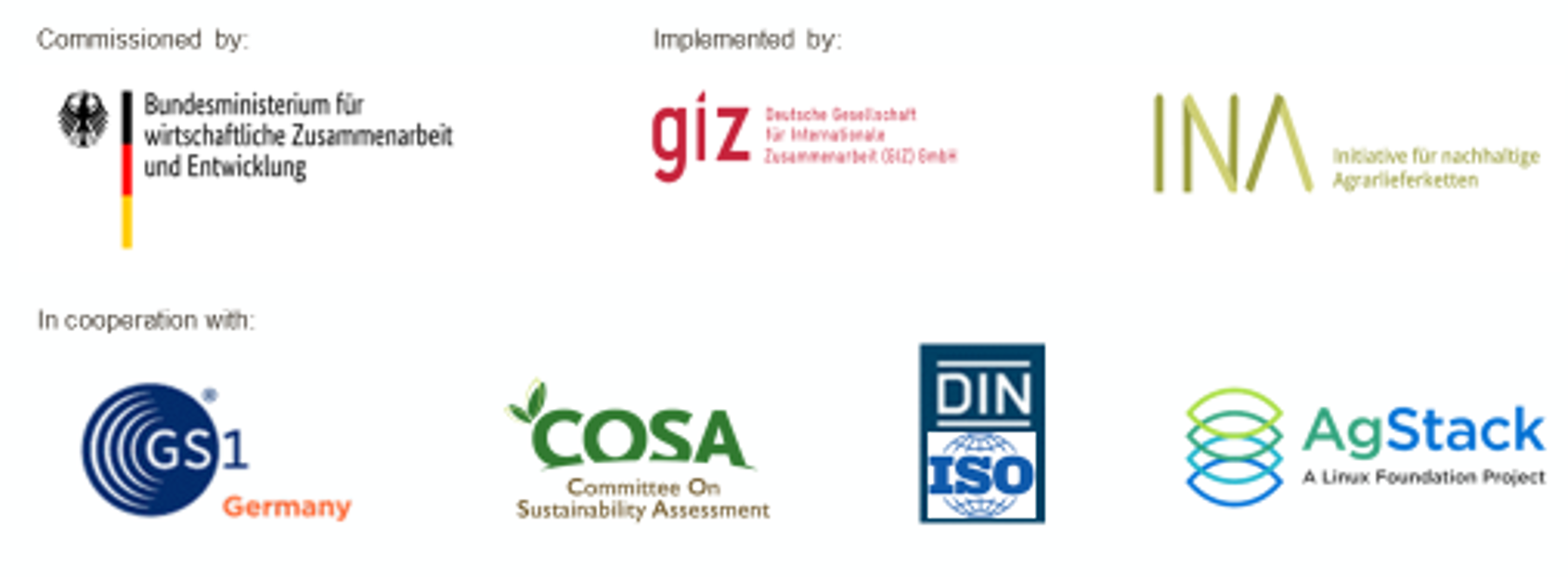

Data Democracy
Having equal access to vital knowledge empowers farmers or co-ops to be active partners in creating their own sustainability solutions. A farmer-centric approach to smart and relevant data is thus more likely to achieve important goals like climate resilience and socio-economic dignity that are valued by supply chains and governments as well. With Data Democracy, we guide businesses and organizations to transform how they engage farmers interactively for accelerated learning and desirable local impacts.


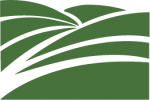
Landscape Systems
When leading coffee companies faced intractable common challenges ranging from deep poverty to deforestation, COSA worked with Conservation International to craft an integrated system to transform the situation. The game-changing Landscape approach puts the right people together at the table, gives them pragmatic data to take decisions, and catalyzes action. The best solutions emerge from having a bigger perspective and the buy-in of not only supply chain actors but also governments, local communities, and NGOs. Here’s more about what we learned.
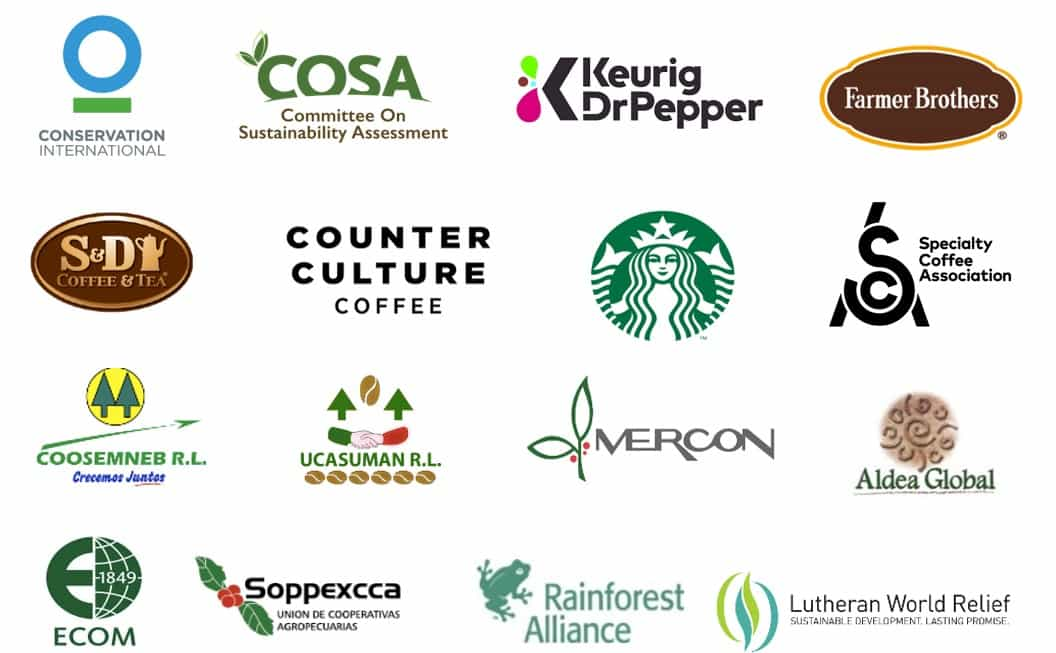

Producer Organizations
Benefiting from the ‘group genius’ of 30 institutional experts, our insightful metrics provide complete diagnostics for rural organizations to thrive
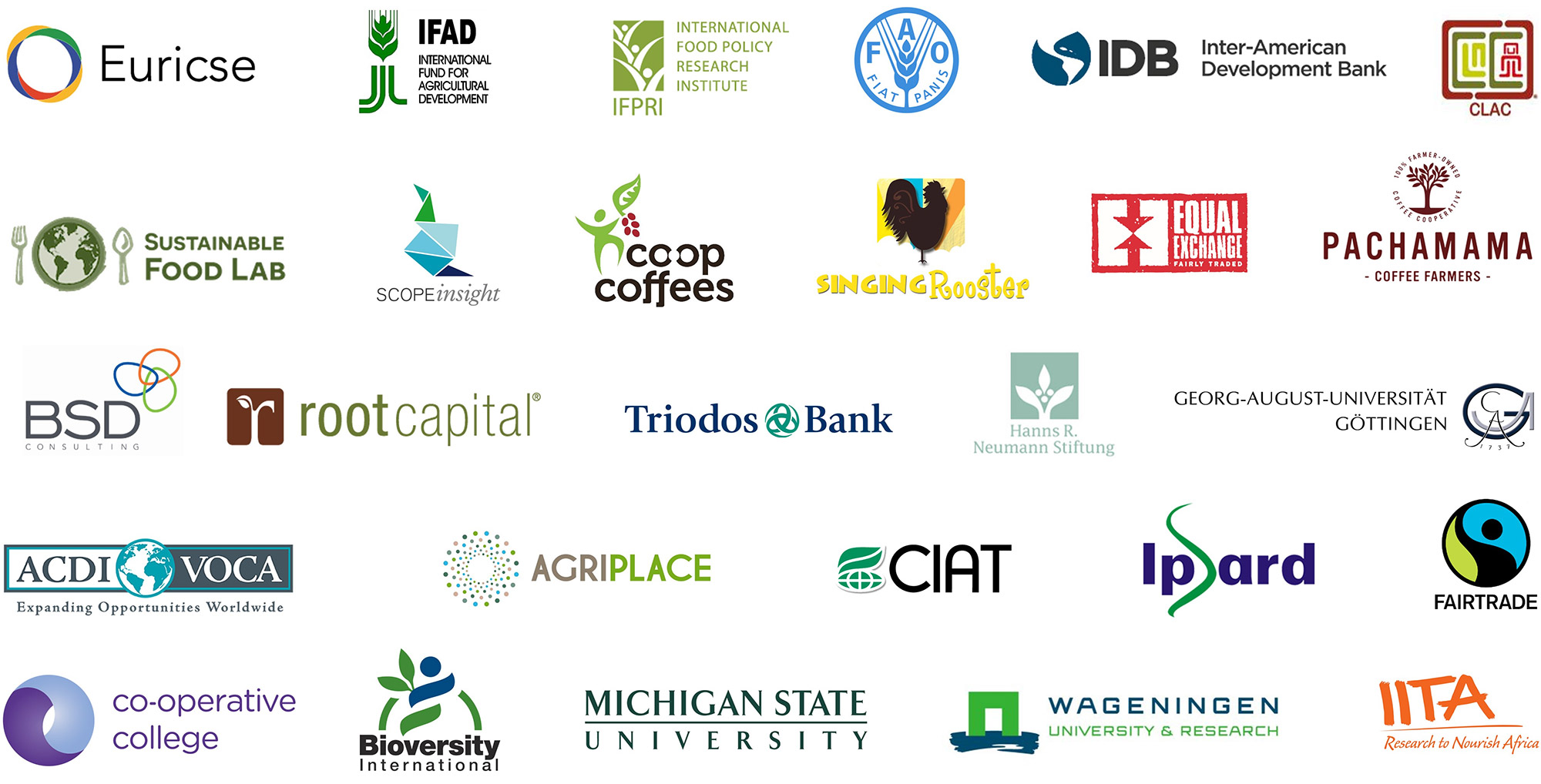


Resilience Assessments
COSA distilled global best practices, alongside key institutional partners and with the Resilience Measurement, Evidence, and Learning COP. We took the combined deep experience in this area and then streamlined the indicators and process so that anyone can use and understand resilience metrics as a vital component of poverty reduction.


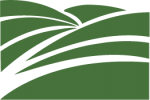
Sustainability Standards
For nearly 2 decades our staff has been helping standards and certifications to be more effective by integrating performance data and understanding their diverse impact areas. We continue to partner with several of them on metrics and on sustainability strategies as they seek to meet the emerging sustainability needs of farming communities and the private sector.


Understanding Gender
It is very important to understand women’s roles and constraints so as to support how they can more effectively contribute to their agricultural communities and to themselves. We have partnered with different initiatives to help develop a dedicated set of indicators and metrics on the topic and added various perspectives from our gender work with IFPRI, FAO, and others.


Living Income
COSA collaborated with the Royal Tropical Institute (KIT), ISEAL Alliance, Sustainable Food Lab (SFL), and the Living Income Community of Practice, with GIZ support, to create pragmatic guidance for how to measure and calculate actual incomes for smallholder households for assessing the gap between that and a Living Income benchmark.
This guidance helps drive consistency and avoids common errors in how income gaps are measured, reported, and interpreted – paving the way to wider understanding and global scale of the Living Income measure.


International Expert Technical Committee for Tea
COSA and ETP convened The International Expert Technical Committee for Tea to identify and refine Sustainability Indicators and Metrics for Tea that provide a simple, common “language” for measuring and learning about sustainability across diverse production systems and origins.
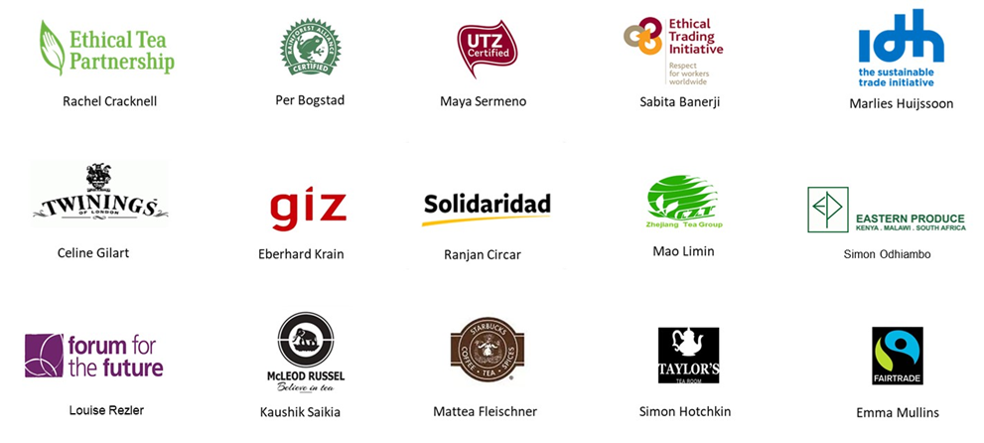


Agronomy to Scale
Designing the advanced technology platform and parameters for “Agronomy to Scale” (an initiative of the Bill and Melinda Gates Foundation) a business-model to deliver results of state-of-the-art research to small farmers so as to close the knowledge gap



Lean Research Platform
To get research and evaluation right in poor communities and to avoid unnecessary intrusion and costs, MIT’s D-Lab convened experts to consolidate best practices that align with a LEAN approach. In co-developing the empirical evidence for this, we further refined the application of key principles that we have used for more than a decade. Lean research can be simply summarized as encompassing the four Rs: Rigor, Respect, Relevance, and Right-Sizing.


SAFE Platform
COSA established the technical platform and the MEL systems for the Interamerican Development Bank’s Sustainable Agriculture, Food and Environment (SAFE) Platform. Managed by Hivos the platform drives innovative public-private projects while establishing a common data standard that opens learning across projects on key issues ranging from gender and water to financing and training.
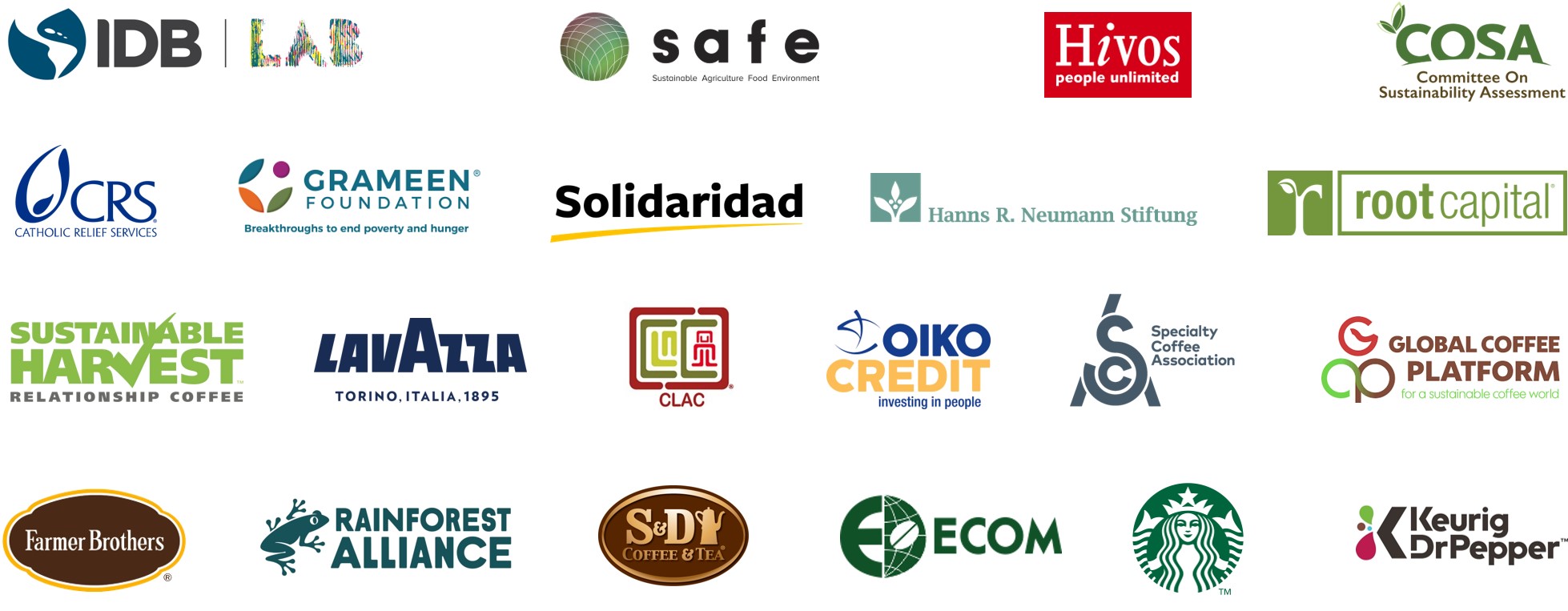

Global Coffee Platform
This first-ever industry approach to common indicators plus a shared data architecture will enable database interoperability and reduce data costs for producers as well as industry and policymakers. Benchmarking is expected to accelerate learning and facilitate continuous improvement. For more information on that work and outcomes, just click here.
